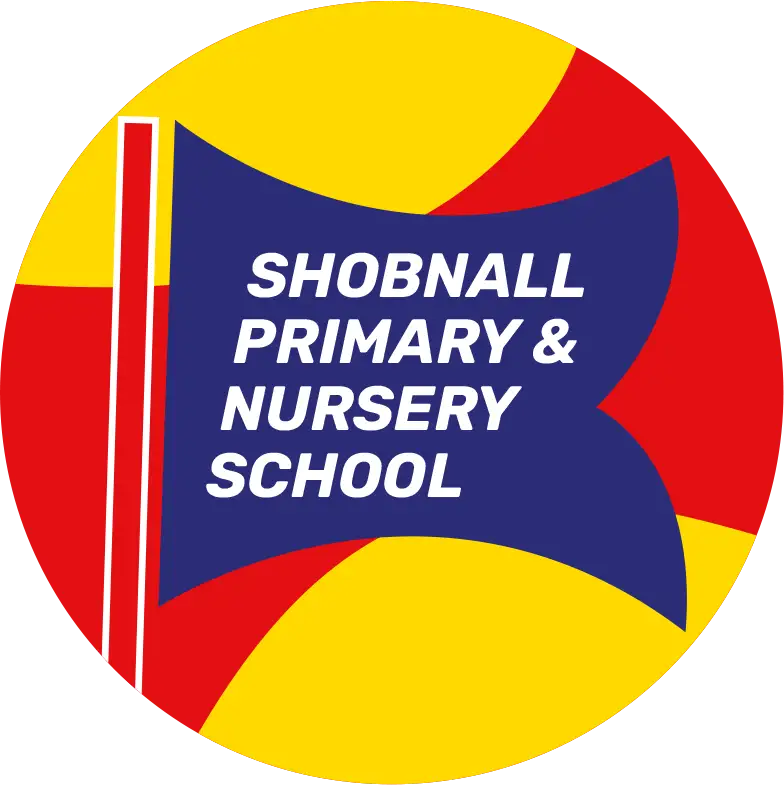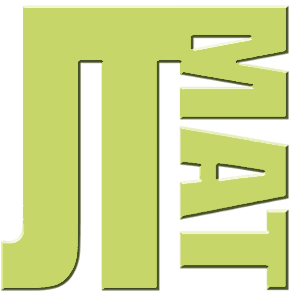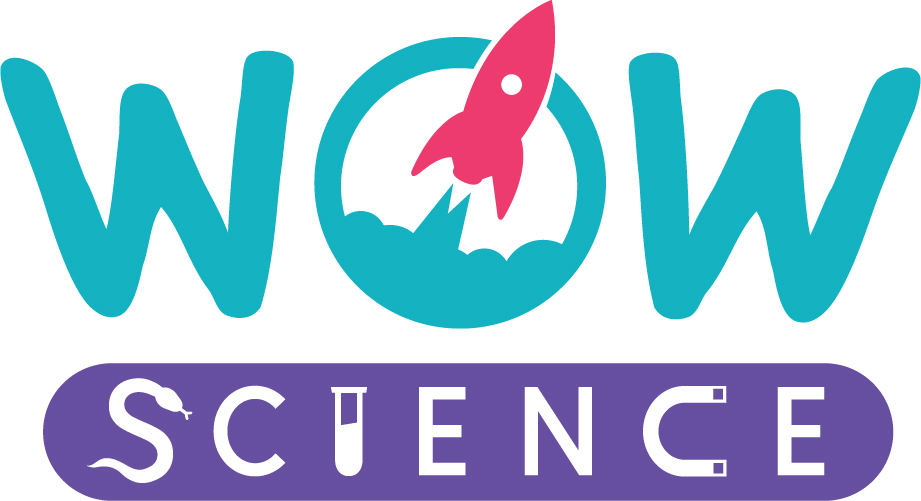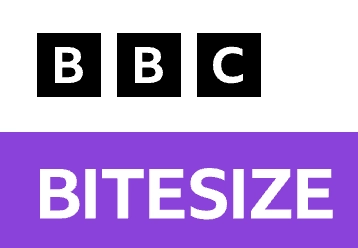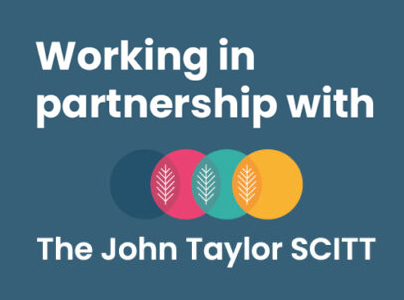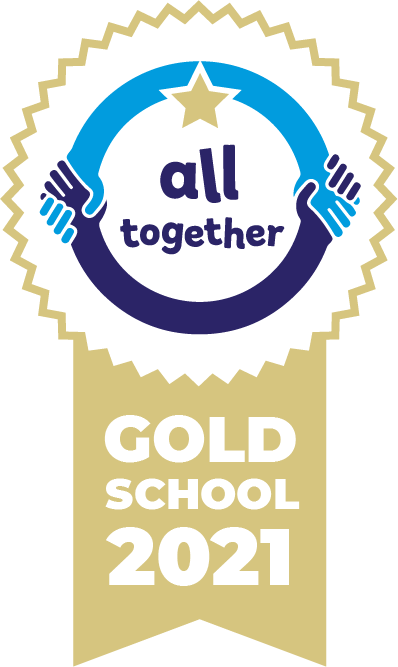Science
Subject Leader
Mr T. Bishop
My name is Mr Bishop and I am the subject leader for Science at Shobnall Primary & Nursery School. I am passionate about Science and find it fascinating to consider how investigation can help us to learn about how and why things happen.
It is my vision that science should be taught through the use of subject knowledge and investigation to learn and understand how the world works. Children are offered the opportunity to plan their own investigations that will answer questions about a theory.
At Shobnall Primary & Nursery School, we believe that science is a practical subject, where we learn through exploration. Through a range of practical investigations and through a range of scientific enquiries, we allow our children to explore, learn and develop their subject knowledge. Our pupils are challenged with, “What if?”, “How could you?” and “Why?”; they are encouraged to use scientific vocabulary as they move through a broad range of experiences, which are designed to provide them with a progression of scientific understanding, skills and knowledge. Alongside our teaching and learning, science events across the school year ensure our children are given a range of opportunities to explore and investigate scientific phenomena in a range of contexts to develop their continually evolving knowledge.
These opportunities ensure our children are life-long learners, who have the confidence to question and explore the world around them.
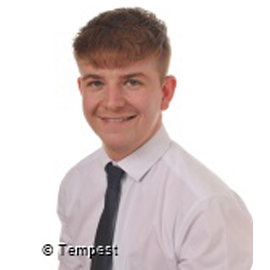
Vision
At Shobnall Primary & Nursery School, our vision is to provide a high-quality science education, which provides the foundations for understanding the world through the specific disciplines of biology, chemistry and physics. All pupils know essential aspects of the knowledge, methods, processes and uses of science through building up a body of key foundational knowledge and concepts and are encouraged to recognise the power of rational explanation by developing a sense of excitement and curiosity about natural phenomena. Pupils are encouraged to understand how science can be used to explain what is occurring, predict how things will behave, and analyse causes. They display a passion for science and its application in past, present and future technologies!
Aims and Goals
These are the ‘Principles of Outstanding Science’ at Shobnall Primary & Nursery School. They were devised and agreed by the children and staff in November 2021, informed by the way we feel that Science should be taught across the School.
Principle 1: Children are excited and enthusiastic about Science and have a desire to explore why things happen.
Principle 2: Children lead their own learning, asking and responding to their own scientific questions.
Principle 3: Children enjoy learning through exploration.
Principle 4: Teachers use a range of effective assessment strategies to inform the planning and teaching of Science.
Principle 5: Teachers introduce children to a range of age-appropriate Scientific terminology and they use this confidently.
Principle 6: Children and adults appreciate the awe and wonder of Science, making links to how, where and why it forms part of their everyday lives.
Principle 7: The progression of Scientific subject content is carefully planned for and clearly evident.
Principle 8: Teachers enable children to access a range of enrichment opportunities, both within and beyond the curriculum.
We believe our pupils should have the ability to think independently and raise questions about working scientifically and the knowledge and skills that it brings.
We ensure our children have the confidence in the full range of practical skills, taking the initiative in, for example, planning and carrying out scientific investigations. Pupils should have the ability to undertake practical work in a variety of contexts, including fieldwork.
We aim for our pupils to have excellent scientific knowledge and understanding which is demonstrated in written and verbal explanations, solving challenging problems and reporting scientific findings. They will display high levels of originality, imagination or innovation in the application of skills.
Curriculum
The National Curriculum is followed in Key Stage 1 and Key Stage 2 and provides a full breakdown of the statutory content to be taught within each unit. Children in Nursery and Reception follow the Early Years Foundation Stage curriculum.
By the end of Reception, pupils will be able to:
- Explore the natural world around them, making observations and drawing pictures of animals and plants;
- Know some similarities and differences between the natural world around them and contrasting environments, drawing on their experiences and what has been read in class;
- Understand some important processes and changes in the natural world around them, including the seasons and changing states of matter.
During years 1 and 2, pupils will be taught to:
- Ask simple questions and recognise that they can be answered in different ways;
- Observe closely, using simple equipment;
- Perform simple tests;
- Identify and classify;
- Use their observations and ideas to suggest answers to questions.
During years 3 and 4, pupils will be taught to:
- Ask relevant questions and use different types of scientific enquiries to answer these questions, setting up simple practical enquiries, comparative and fair tests;
- Make systematic and careful observations and where appropriate, take accurate measurements using standard units and a range of equipment, including thermometers and data loggers;
- Gather, record, present and classify data in a variety of ways to help answer questions;
- Record findings using simple scientific language, drawings, labelled diagrams, keys, bar charts and tables;
- Report on findings from enquiries, including oral and written explanations, displays or presentations of results and conclusions;
- Use results to draw simple conclusions, make predictions for new values, suggest improvements and raise further questions;
- Identify differences, similarities or changes related to simple scientific ideas and processes;
- Use straightforward scientific evidence to answer questions or to support their findings.
During years 5 and 6, pupils will be taught to:
- Plan different types of scientific enquiries to answer questions, including recognising and controlling variables where necessary;
- Take measurements, using a range of scientific equipment, with increasing accuracy and precision, taking repeat readings when appropriate;
- Record data and results of increasing complexity using scientific diagrams and labels, classification keys, tables, scatter graphs, bar and line graphs;
- Use test results to make predictions to set up further comparative and fair tests;
- Report and present findings from enquiries, including conclusions, causal relationships and explanations of the results and the degree of trust in them. This should be in oral and written forms such as displays and other presentations;
- Identify scientific evidence that has been used to support or refute ideas/arguments.
Assessment
To assess pupil outcomes for Science, our system at Shobnall Primary & Nursery School ensures we gain an overview of a pupil’s typical attainment at the end of each Science Unit of Work. Children are assessed using national curriculum attainment targets, which are derived from on-going teacher assessments and age related criteria. When teachers assess in class they do so in relation to each child’s ability to know, understand and apply new scientific knowledge. Their judgements are based on five levels of progression.
Cross-Curricular
Everyone’s experience of the world is cross curricular, as everything that surrounds us can be seen and understood from multiple perspectives. Our Science curriculum at Shobnall Primary & Nursery School therefore aims to take advantage of a range of opportunities for children to make links between different subject areas, supporting the use and application of what has already been taught and learned in new and different ways and providing opportunities for deep, meaningful learning. For example, Forest School is a fantastic area of the curriculum that lends itself to the Science curriculum.
Visits and Enrichment
At Shobnall Primary & Nursery School we place great emphasis on the importance of educational visits and visitors to enhance the teaching and learning of Science. These visits and visitors, which provide valuable opportunities for learning through first-hand experience, are therefore an integral part of the curriculum and allow our children to make valuable connections between what they have learned in class and their first hand experiences in the real-world.
We strive to offer the best possible learning opportunities for our children at Shobnall Primary & Nursery School and to enrich our curriculum, we have carefully chosen experiences that allow our children to enjoy hands-on activities linked to their whole-class projects.
Pupil Voice
At Shobnall Primary & Nursery School we believe that the view of every pupil is important to ensure that we provide the best education possible.
Documents and Useful Links
Please see below a selection of documents that relate to the intent, implementation, and impact of Science teaching and learning at Shobnall Primary & Nursery School. If you require any additional information relating to this subject, then please contact the subject leader, Mr Bishop, via the school office email. Click on the links below for useful resources too!
